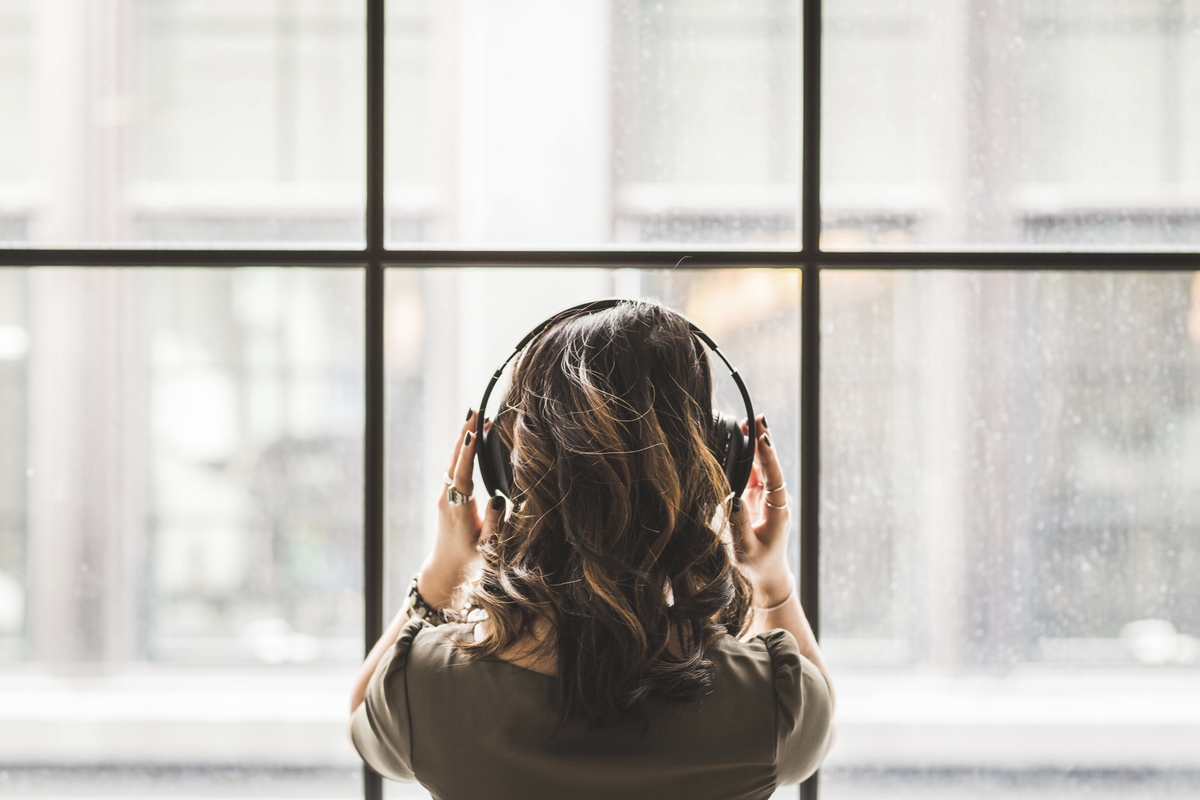It’s essential to measure your heart rate dur?ng sleep to know your wellness status. In most cases, your heart rate when sleep?ng will be lower than your resting heart rate.
During the day, your resting heart rate ranges mostly between 60-100 beats per minute (bpm), but it is normal for your heart rate to drop more while sleeping. There is no reason to be alarmed even if your heart rate when sleeping goes lower than 60 bpm.
Related: Why is My Heart Rate Jumping Up or Down?
What can your heart rate when sleeping tell you?
Your heart rate is one of the primary metrics used in sleep tracking. Most sleep trackers report your heart rate curve when you sleep at night. However, it is essential to know what your sleep tracker might be telling you about your body’s wellness based on your sleep patterns.

A lower sleep heart rate indicates good cardiovascular function.
In most cases, a low heart rate when sleeping can be an indicator for healthy individuals that their cardiovascular functions are working well.
Therefore, you could say that the lower your heart rate at night, the better your wellness. But at the same time, heart rate varies from person to person and is dependent on age and body functions. All of this means that an older adult may not achieve the sleep or resting heart rate of a younger adult.
A higher heart rate is a sign of poor sleep quality.
It is not normal for your heart rate to rise at night when sleeping, and it might be an indicator that you are having problems with your sleep.
Here are some factors that may raise your heart rate when sleeping:
- Mental Overload: Stress and cognitive and emotional overload are all issues that may raise your heart rate at night. When you are stressed, your heart rate gets high, and your whole body remains alert, meaning that you won’t get a good night’s sleep.
- Physical overload: If you had a long endurance training session during the day, the chances are that you will not have a sound night of sleep. If your heart rate rises, it means that your body is not able to recover from strenuous exercise at night. Avoid working out late at night before you retire to bed.
- Drug and substance use: Your heart rate can rise at night when you drink alcohol or caffeinated drinks or use nicotine before going to bed.
- Sickness: You are more likely to have a higher heart rate than normal when you have a fever or a headache.
Sleep Stages
There are several main stages of sleep. These are non-REM Stage 1, non-REM Stage 2, non-REM Stage 3, and REM Stage R.

Non-REM Stage 1: This is the first stage of sleep, where there is a 1-5 minute transition period between being awake and sleeping. During this phase, your brain functions, heart rate, eye movements, and breathing slow down, and your muscles relax. Your brain is still functioning properly at this stage. If you are able to wake someone up during this first stage of sleep, you can say that they are not yet properly asleep.
Non-REM Stage 2: This is the second stage of sleep, and you spend most of your time sleeping in this stage. In this stage, your body temperature drops, eye movements are absent, and your heart rate and breathing slow down. This is considered a stage of light sleep, where you can easily wake up.
Non-REM Stage 3: This stage is the stage of deep sleep that lasts for 20-40 minutes. Waking up at this stage of sleep is not easy. The body is completely relaxed, there is no eye movement, and your breathing and heart rate are at their slowest.
The REM Stage R: The REM stage of sleep takes place at least 90 minutes after falling asleep. This phase takes up about 10 minutes during the first cycle but increases in time for every cycle of sleep. During your last cycle of sleep in the night, it can last for up to 30-60 minutes. This stage is also known as the primary dreaming stage of sleep, where brain activity is high, and your breathing and heart rate are slightly higher but more open to change.
How does your heart rate change when you sleep?
When you rest or sleep, there is a lot that is always going on behind the scenes. What happens when you sleep depends on the stage of sleep that you are in.
During non-REM sleep, your heart rate and blood pressure slow down and become steadier. In REM sleep, the heart rate and blood pressure may rise and vary.














